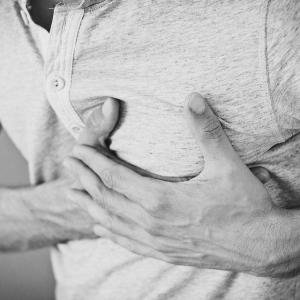Diagnostic and Statistical Manual of Mental Disorders: Where Do You Stand?
No one is a complete stranger to anxiety. We all have times when we feel worried or fearful--sometimes extremely so. Feeling anxious now and then is normal, and it doesn’t necessarily mean you have an anxiety disorder. Diagnosing anxiety is a bit more complicated than just asking someone whether they feel anxious.
When mental health professionals diagnose anxiety disorders, they are checking to see whether you meet certain specific criteria. The handbook is known as the DSM-IV (Diagnostic and Statistical Manual of Mental Disorders, Fourth Edition) sets out the criteria for all officially recognized anxiety disorders and is the guide followed by most doctors and therapists.
The criteria for diagnosing anxiety vary depending on the disorder in question (generalized anxiety disorder, panic disorder, OCD, PTSD, social anxiety disorder, etc). But while the specific symptoms may vary by disorder, the intensity of your anxiety or fear, the frequency, and duration of your symptoms, and the extent to which the anxiety interferes with your life are the major factors used to diagnose an anxiety disorder.
If you think your anxiety is beyond a normal level and it is causing hardship in other areas of your life, you may have an anxiety disorder. Check with your physician to get a diagnosis and rule out any underlying physical problems that may be contributing to your anxiety.
Statistics show that 41% of patients who meet anxiety disorder criteria aren’t treated, which is quite unfortunate given how treatable anxiety can be. By answering just a few questions, you can quickly receive a diagnosis from a medical professional and get treatment for any anxiety disorder you may have.
Photo: Pexels







